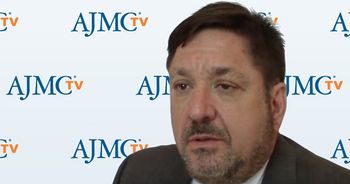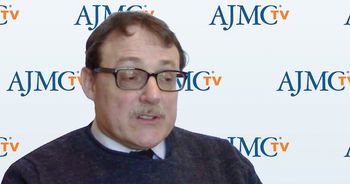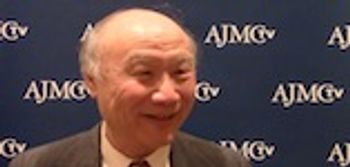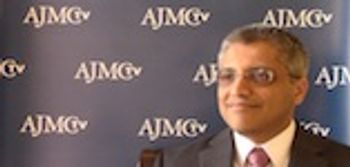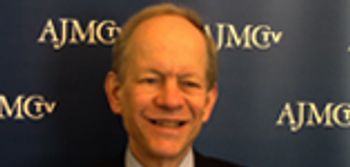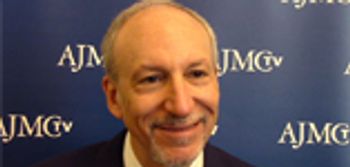
On the closing day of the National Comprehensive Cancer Network (NCCN) 23rd Annual Conference in Orlando, Florida, Bijal Shah, MD, of Moffitt Cancer Center, presented on acute lymphoblastic leukemia (ALL), and on the lessons learned from the application of chimeric antigen receptor (CAR) T-cell therapy in this indication.
